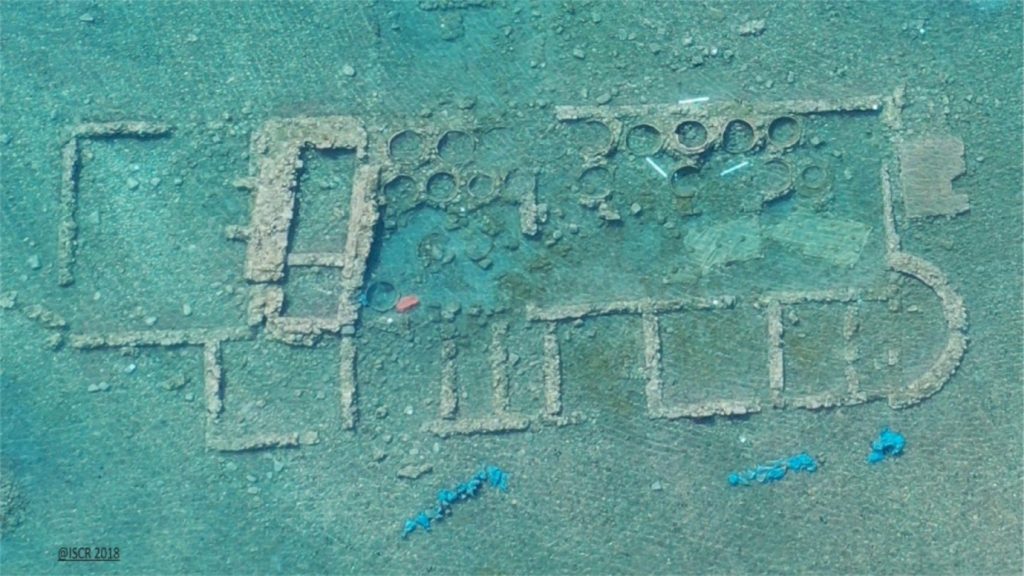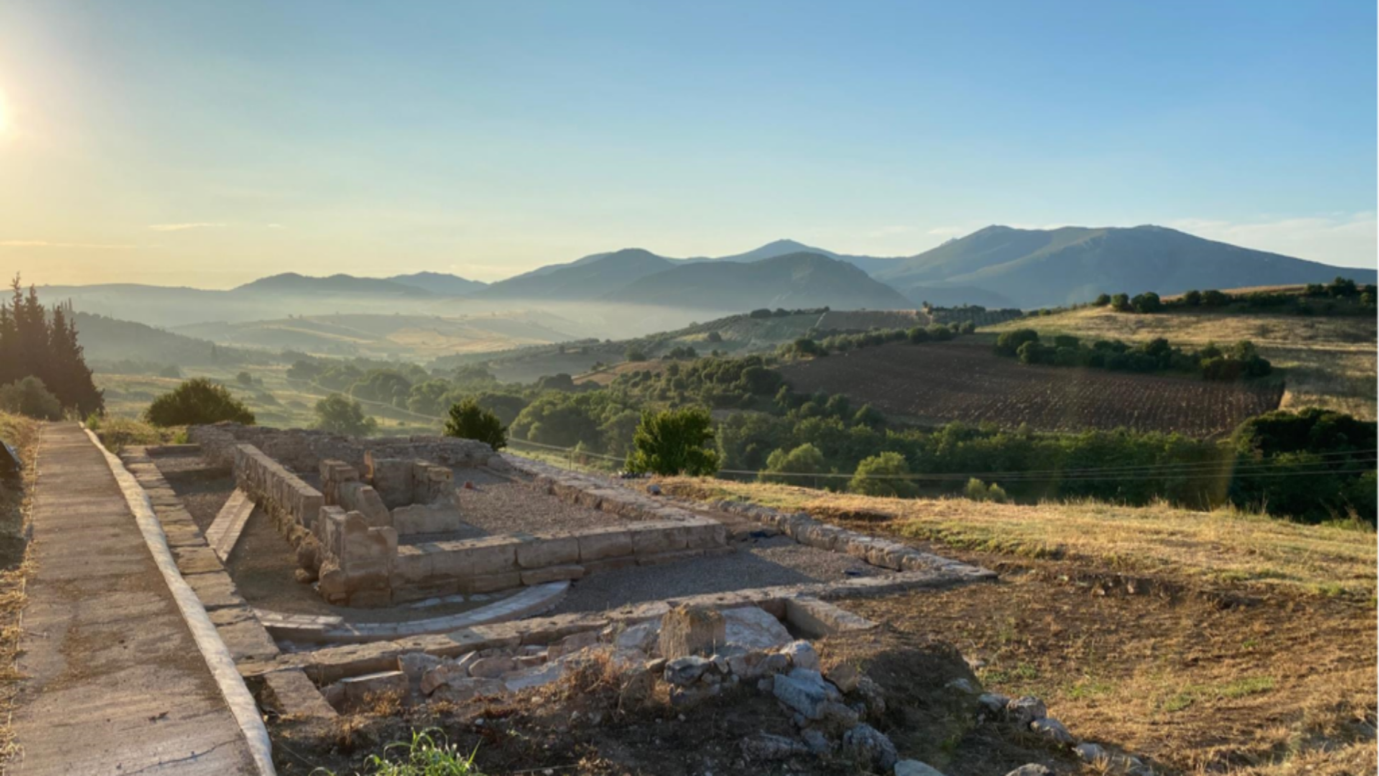Three ancient monuments in Greece are set to be preserved as part of a new collaboration between the European Union’s Horizon Europe initiative and the Greek-led Triquetra project.
According to Ekathimerini, the collaboration aims to create a toolbox for assessing and mitigating climate change risks and natural hazards threatening cultural heritage.
Triquetra is being led by Professor of Earthquake Engineering at the National Technical University of Athens (NTUA), Konstantinos Spyrakos, in collaboration with NTUA professors Charalambos Ioannidis and Denis Istrari.
“Eight European monuments are under our microscope as pilot studies, three in Greece, and one each in Italy, Poland, Germany, Switzerland and Cyprus, which are all included in UNESCO’s World Heritage List,” Professor Spyrakos told Ekathimerini.

The pilot sites in the project are: Kalopodi in Greece; Ventotene in Italy; Aegina Island in Greece; Choirokoitia in Cyprus; Epidaurus in Greece; Roseninsel in Germany; Argilliez in Switzerland; and Smuszewo in Poland.
Mr Spyrakos said these sites will be analysed and models will be used to predict the changes that the climate crisis is going to cause them in the future.
“Finally, the necessary methodology will be developed to deal with the problems, applying innovative solutions and new materials, which will be custom designed for each case; a valuable “toolbox” for the future protection of monuments,” Mr Spyrakos concluded.
Source: Ekathimerini.

